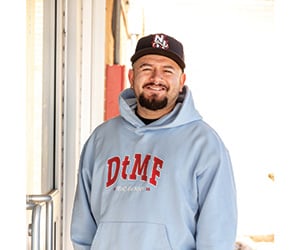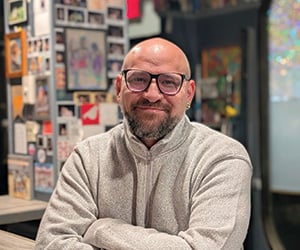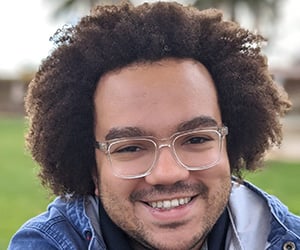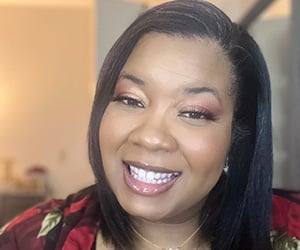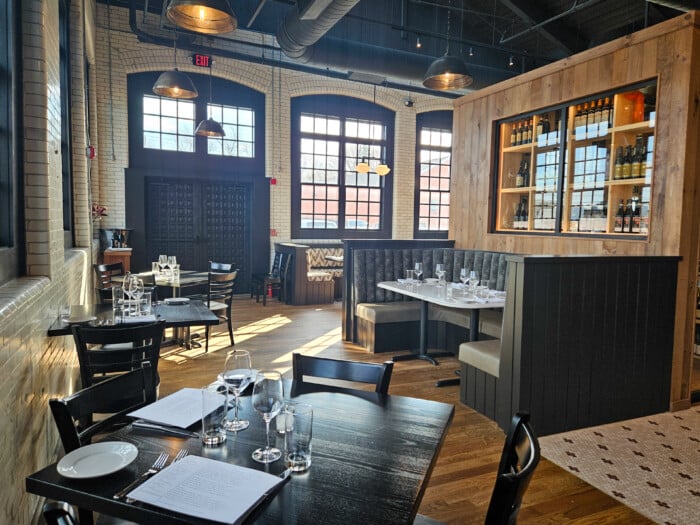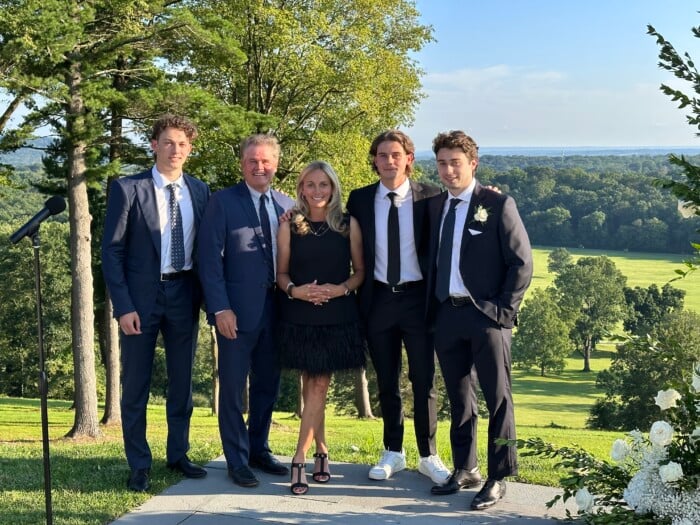Essay: Differences make America stronger
In recent years, an enhancement in support of our NH BIPOC communities is the appearance of publications like 603 Diversity published by Yankee Publishing and championed by publisher Ernesto Burden. Ernesto had the vision and saw the benefit of such a publication, and we should all be thankful to him and Yankee Publishing for taking the risk.
In a brief conversation with him at our BAPOC Conference on May 22 (highlighted on page 12), he informed me that some questioned why such a publication was needed. Such questioning is not surprising to me, but it requires a response.
If you know anything about the history of knowledge dissemination, you know that communities and cultures evolved with the acquisition of knowledge, first through storytelling and then through the reading of pamphlets, books and newspapers. Today, this knowledge continues to be disseminated via television and radio, magazines, podcasts and the internet, which create and carry programming covering every human curiosity.
It has been evident from the beginning that communities of every language and cultural tradition sought inclusion, knowledge and representation via vehicles that shared their histories, politics and traditional sensibilities. If you read history, you soon realize that much of that history is the interaction between diverse cultural and linguistic traditions. This, in turn, fueled the further creation of knowledge and advancement of humankind. That rubbing up against, tolerance and permeability is in large part why we have made so much progress as a human species.

Courtesy photo
Our American cultural tradition is no different. From the very start, America benefits from the diversity that has washed up on its shores or walked across its borders. From English and Scottish to Irish, African, Italian, Russian, Spanish, Greek or Latin American, and so many more cultural traditions, America has been a crossroads of different traditions and ways of viewing the world. That we have some semblance of a monoculture is a miracle. Each of those cultures has had its own sources of communication and learning which connects them back to the larger culture.
This tradition continues today. Just browse through your TV channels or turn the radio dial. The internet has every imaginable way to communicate to every subpopulation on our American shores and every place and hamlet in between. We still have not accepted, despite all the evidence in the history books, that America is a diaspora and amalgamation of sorts — and there lies our strength.
This, my friends, is the special sauce that makes America special and unique. It is a strength that the larger culture makes space for creating unity in spaces: be they geographical, artistic or literary, represented by smaller cultural communities different from the larger culture. It is that tension that continues to drive the great experiment (our nation) forward.
Those who ask why have a publication like 603 Diversity do not appreciate or know how America has been built and how we got here. Diversity has always been the strength and the glue that makes us unique and powerful. It questions, it creates, it surfaces mediocrity, it creates tension from which new things are born and it helps us reach for the stars. Our democracy has endured, because only in a democracy can such diversity flourish.
So, no one should feel threatened. The monoculture that unites us all will survive because of our differences. Because of our differences, we need to speak and act via a connecting tradition that represents us all. That is why 603 Diversity is not a threat and why we need it, because it connects us all and because it is a great magazine.
Support it.
This article is featured in the fall 2024 issue of 603 Diversity.
603 Diversity’s mission is to educate readers of all backgrounds about the exciting accomplishments and cultural contributions of the state’s diverse communities, as well as the challenges faced and support needed by those communities to continue to grow and thrive in the Granite State.


